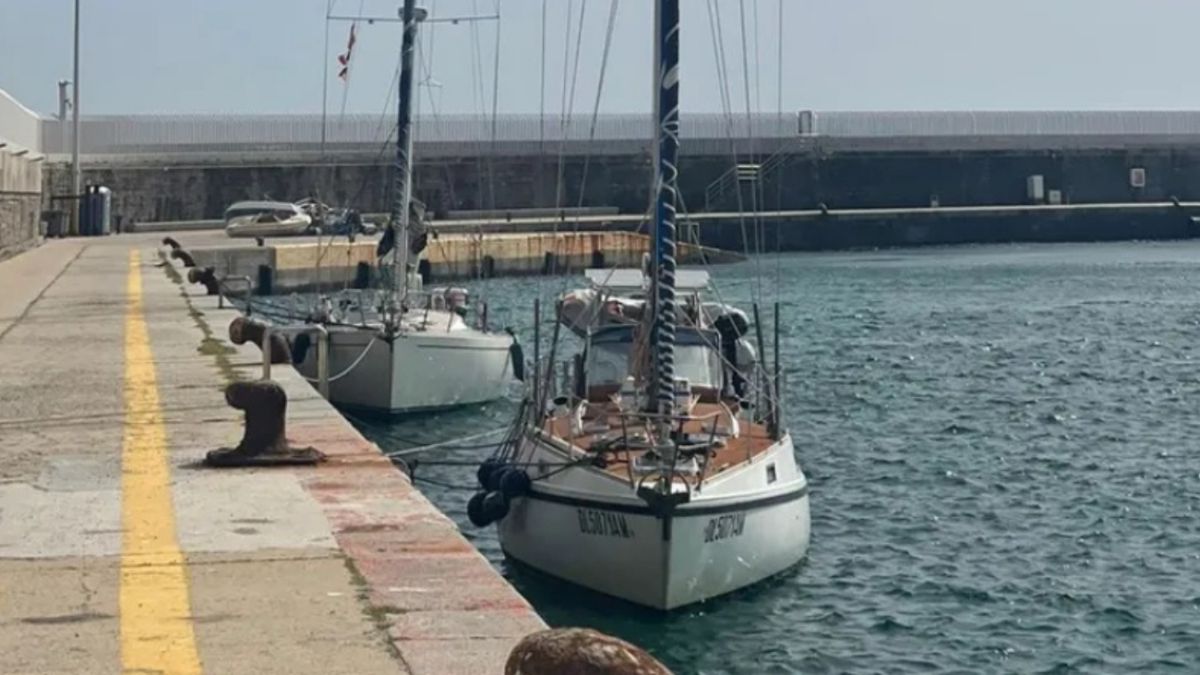Killer whale attacks on offshore ships became frequent during the summer of 2020, when several boats were rammed near Trafalgar and, especially, on the Galician and Portuguese coast, where they took place continuously and surprising even for researchers.
After a period of recess, the “killer whales”, name they take because they are capable of lashing out at these animals, They have done their thing again and have attacked the sailboat Serena IV, which sailed off Gibraltar, covering the Italy-Lanzarote route after midnight on March 29.
“It was about a quarter past twelve at night and we were at the height of Cape Spartel. Suddenly, I heard a thump that made the boat gyrate “explained to Nius the ship’s owner, Sergio Rodman. They quickly noticed that three killer whales were ramming their sailboat and that they were attacking the weakest parts of the boat.
Scared with flares
Defending themselves from the killer whales was not an easy task for the boat’s crew. “It was about fifteen or twenty minutes where they came to tear off part of the rudder as if it had been cut with a knife from top to bottom”Rodman said in surprise. Therefore, the first defensive attempts focused on throwing things at them or hitting them with the hook, but they were unsuccessful.
The killer whales kept getting under the boat and attacking the rudder area and even foam began to come out of that part of the boat. Until, finally, one of the travelers had the idea of lighting a flare and bringing it close to the animals to end up driving them away.
The Serena IV He had no choice but to stop his trip in Tarifa, since the damage the boat had suffered and the scare caused by the attack made it impossible to continue the march. There, by chance, they found an American sailboat that had also been attacked by killer whales as it passed through the Strait.
Offense or defense?
Until the first attacks by groups of killer whales on boats on the Galician coast, there were no documentary records of events like these. So, specialists do not have a clear theory as to whether the attacks are part of an attempted attack on the boats or if they start from a defensive premise when they feel attacked by the boats.
The researcher at the University of Iceland, Filipa Samarra, affirms that His intention is not to attack, but to follow the trail of the bubbles produced in the water by the engines of the ships. “They are just looking for closer contact,” he says.
However, the president of the Association for Research in the Marine Environment (AIMM), Joana Castro, believes that Killer whales could feel threatened by the presence of boats and that the attacks could start from the curiosity of the animals or, simply, be a joke.

